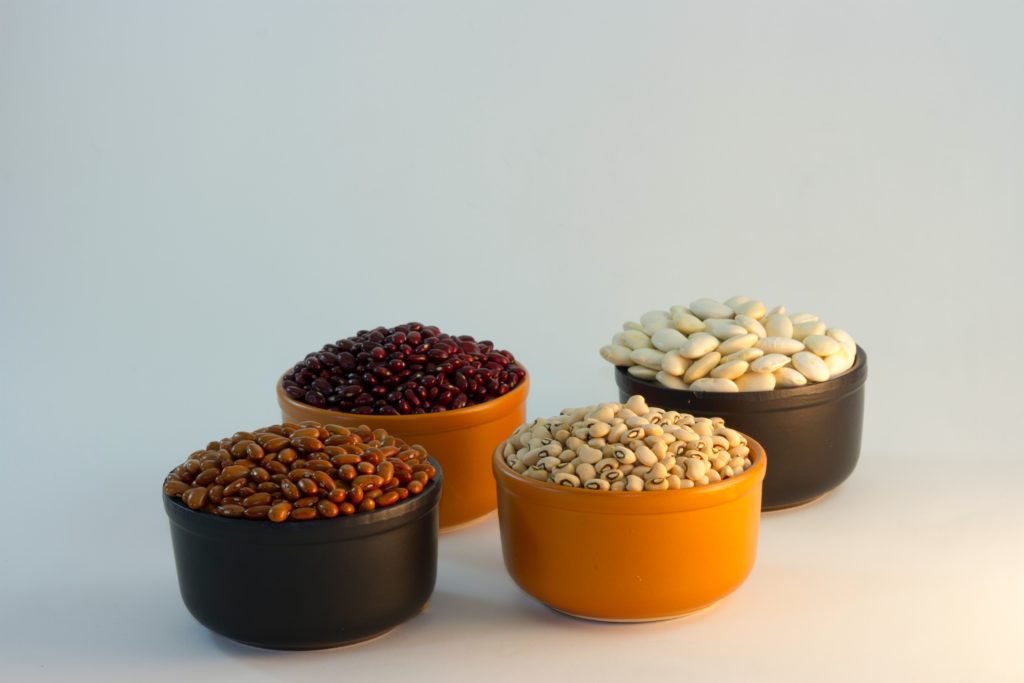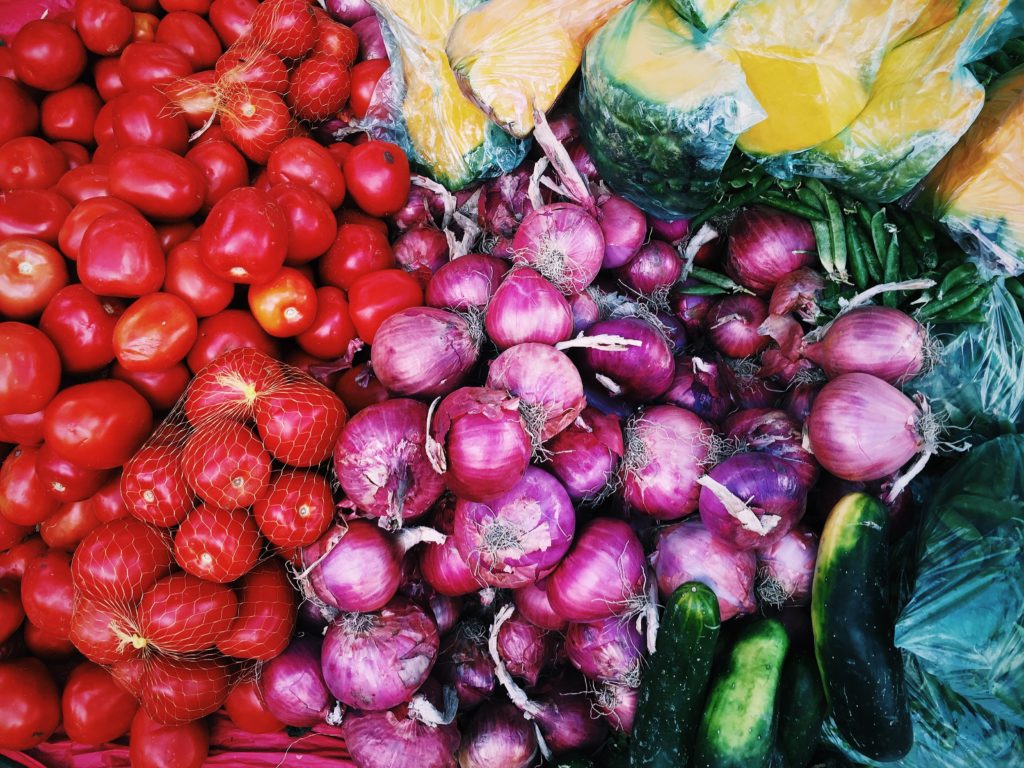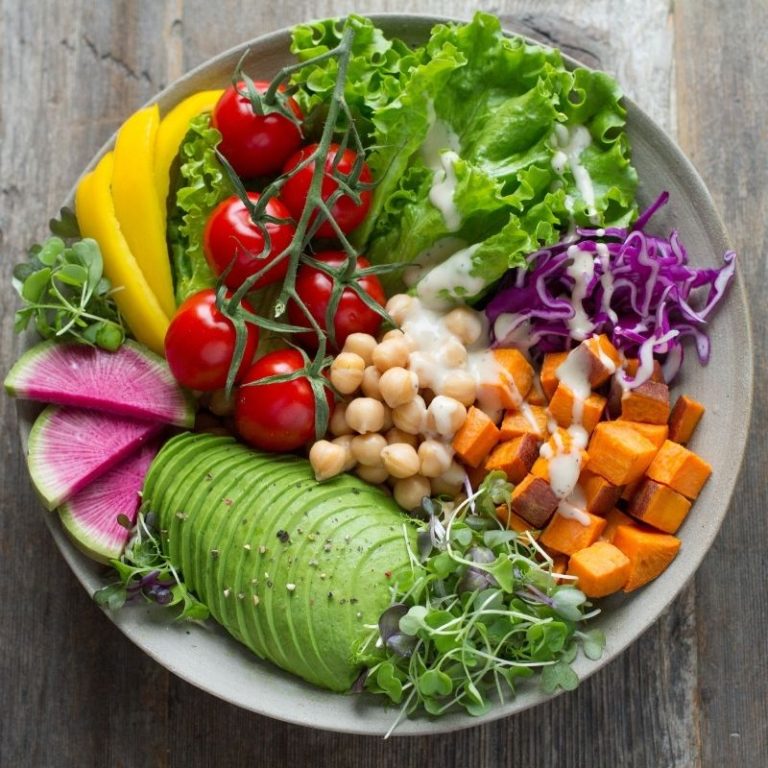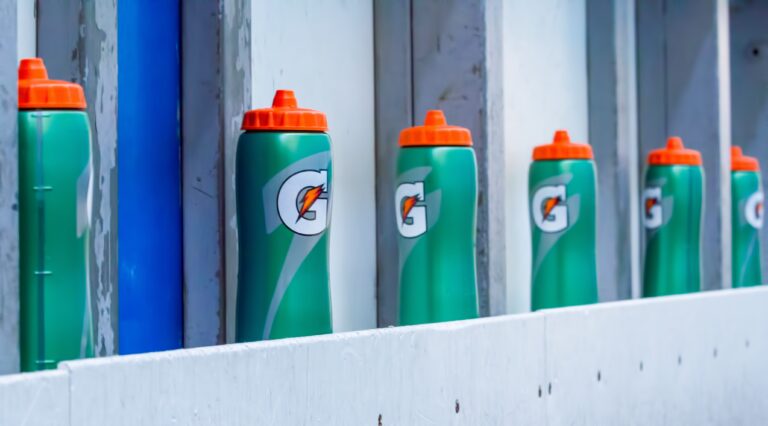I get asked this question a lot. There is no doubt that the popularity of plant-based eating is on the rise. Contrary to many other fad diets and diet trends, this is actually a pattern of eating that DOES have research to support its health benefits. But, does this mean that you will be a better, stronger, fitter, faster athlete if you eat a plant-based diet?
Like most things, the answer isn’t cut and dry. There are many studies looking at the differences between vegetarian, vegan, and omnivorous athletes and results vary.
First off, let’s look at the definitions for various types of plant-based diets:
Lacto-ovo vegetarian: Eats eggs and dairy, but no meat or fish.
Lacto vegetarian: Eats dairy, but no eggs, meat, or fish.
Vegan: Eats no dairy, eggs, fish, or meat, and often also excludes other animal products such as honey.
Pescatarian: Eats no meat, but does eat dairy, eggs, and fish.
Flexitarian: Eats all foods, but tends to eat more plant-based meals.

The potential benefits
Research suggests that plant-based diets can help prevent chronic diseases, such as type 2 diabetes, heart disease, and cancer. The research is mixed when it comes to plant-based diets for athletes.
Most study results show that athletes can meet all their nutritional needs through a well-planned vegetarian or vegan diet. (I’ll get back to the “well-planned” part). However, the question is whether a plant-based diet is actually superior?
Some studies (here and here) have demonstrated that vegan endurance athletes have superior V02 max values (a measurement of maximum amount of oxygen uptake). This could theoretically result in improved performance. However, these studies have had a small sample size and the findings are inconsistent.
One review hypothesizes that plant-based diets may counteract the immune-suppressing effect of exercise, due to the increased consumption of anti-oxidant rich foods. Certainly, a well-planned vegan diet typically includes omega-3 and antioxidant rich foods such as nuts, seeds, legumes, vegetables and fruits. However, whether or not this results in actual improvement in immune function in athletes has not been proven.
Most studies have found that both plant-based and omnivorous athletes are able to meet their needs for nutrients, although supplementation is sometimes required.
The potential drawbacks
One study did find that protein intake was lower among vegan and vegetarian athletes, and while they did meet the Dietary Reference Intake for protein, they did not meet the recommended protein intake for athletes of 1.2-2.0 grams of protein per kilogram of body weight (as recommended by the Academy of Nutrition and Dietetics, Dietitians of Canada and the American College of Sports Medicine).
On the other hand, studies (here and here) have also found that vegans and vegetarians tend to have a higher carbohydrate intake. This is due to the fact that plant-based eaters are likely consuming more grains, legumes, vegetables and fruits. This higher intake of carbohydrates can help them meet their recommended needs in order to optimize glycogen stores needed for endurance events (remember, carbs = fuel for athletes!).
Creatine is often lower in the muscle of vegetarians due to the fact that dietary creatine is only found in animal products (see here). Creatine is found in the body’s muscle and brain and helps the body produce more ATP, a critical component in high intensity power and sprint exercise.
The lack of dietary creatine may affect an athlete’s ability to increase strength, power, and muscle mass. However, studies show that vegetarians do tend to respond better to creatine supplementation for this reason. Vegetarian and vegan athletes should consider creatine supplementation (but as always, best to first speak with a sport Dietitian to make sure it’s right for you).

Simple changes for big impact
Whether or not you want to jump into a fully plant-based diet, there is no doubt that including more plant-based foods will benefit your health and potentially your athletic performance as well.
Instead of turning to an extreme diet change that might not be sustainable for you, consider some of these strategies:
- Make an effort to have 1 or 2 meatless days per week
- Include 2 Tbsp of nutrient-rich seeds in your diet daily (eg hemp, chia, or flax)
- Include lots of colour at each of your meals and experiment with different vegetables and fruits
- Ensure that you are consuming whole grains and legumes on a regular basis
Bottom Line
Will eating a plant-based diet make you a better athlete? The benefits of plant-based eating are rooted in consuming more plants, more anti-oxidant rich and anti-inflammatory foods, and more whole food sources of carbohydrates. Therefore, whether or not you continue eating meat, adopting a more plant-focused diet will still be of benefit.
Want to reach new PRs by optimizing your diet with an individualized plan and approach?
Book a clarity call and let’s chat about your goals!
Take it one bite a time,
Cara






